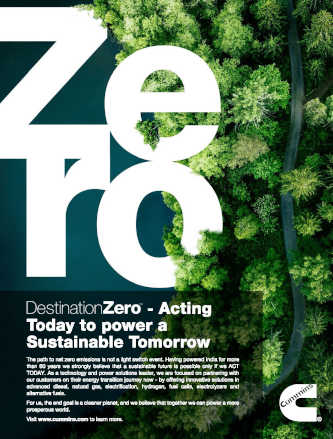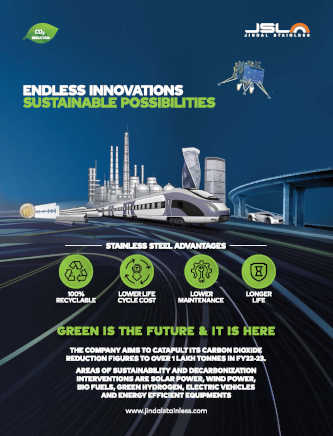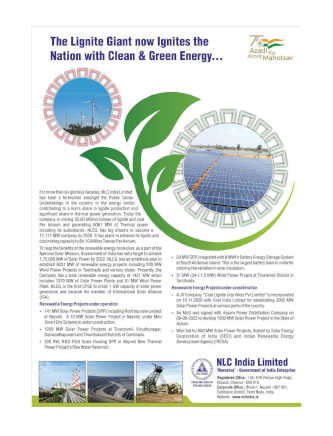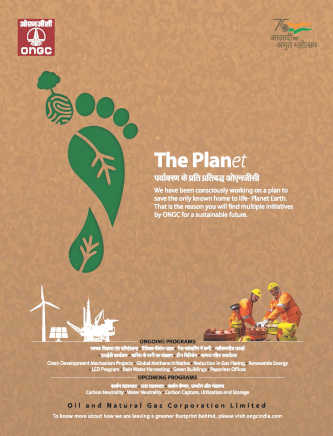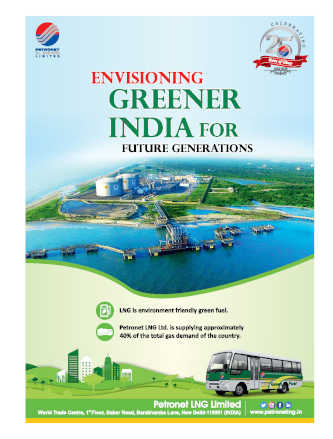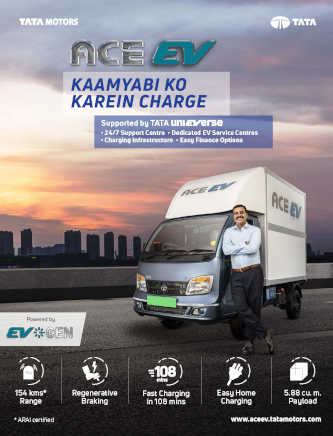Power minister Raj Kumar Singh has called for a credit guarantee fund and a renewable energy bank to help countries transition from fossil fuels to clean energy. He was speaking at a round table with European Commission president Ursula von der Leyen and renewable energy companies at the headquarters of the International Solar Alliance in Gurugram last week. Singh said such a fund and bank are required to boost investments in renewable energy facilities in developing and under-developed countries, including those in Africa. He also underlined the need for easier technology transfer to speed up the energy transition. “World governments need to come together to set up a credit guarantee fund to invest in renewable energy, especially solar energy in developing countries like those in Africa,” Singh said, adding, “there is also need for an institution which can be called a ‘renewable energy bank’ for Africa.” The idea of such a bank is gaining traction, with many countries facing difficulty in raising finances on their own, given their poor sovereign ratings. There have been reports about a World Solar Bank (WSB), which may be based in India, with the country as its lead member with a 30 percent stake through a $600 million equity commitment. Such a bank would be the first multilateral development bank (MDB) headquartered in India, with China taking the lead in creating the Asian Infrastructure Investment Bank and the New Development Bank. Singh added that countries should come together and work towards making hydrogen fuel cells more efficient. The minister’s statement comes at a time when the government is trying to boost green hydrogen production and also popularise hydrogen-powered fuel cell electric vehicles. Von der Leyen said cooperation in the green hydrogen space is a major topic in Europe, adding India and the European Union are closely aligned in the fight against climate change. She said both countries are aware that solar energy will play a decisive role in the path towards carbon neutrality. On the need to move faster towards renewable energy, the European Commission president said along with thwarting climate change, Europe also is looking at curbing imports from Russia and becoming self-dependent. Von der Leyen is on a two-day visit for discussions around key issues, including the India-EU Free Trade Agreement (FTA) and the Ukraine war. Energy import-dependent countries such as India have been working to move towards hydrogen as a new-age and emission-free fuel. Singh said that in order to move towards a hydrogen-based economy, the efficiency of fuel cells is critical. “We are working on it; some fuel cells have been developed, and this again is something the world has to share. We have to get together and share the best technologies. If we look at it only from the commercial point of view, keep the best fuel cells with ourselves, license it and charge huge royalties, then the pace of transition will not be fast enough,” he said. Fuel cells can be used in a host of sectors such as transportation and energy storage. Following the National Hydrogen Mission announced by Prime Minister Narendra Modi on 15 August, the power ministry unveiled the first part of the new green hydrogen policy this February. Singh also emphasised the need for a global approach towards fighting climate change and urged developed countries to contribute more towards the transition to clean energy. He said India has made massive strides in energy transition and added 163GW of renewable energy by November 2021, despite the country’s per capita emission being “one-third of the world average". “The problem confronting the globe is not something which can be solved by one country alone, and it is not a problem which will be solved if even if 10 or 20 countries reach net-zero (carbon emission). You can’t have a countrywide solution, but worldwide and international solutions," said Singh, who is also the president of the ISA general assembly. This comes at a time when New Delhi plans to introduce a production-linked incentive scheme to encourage the manufacturing of electrolyzers used to extract hydrogen from water.
-
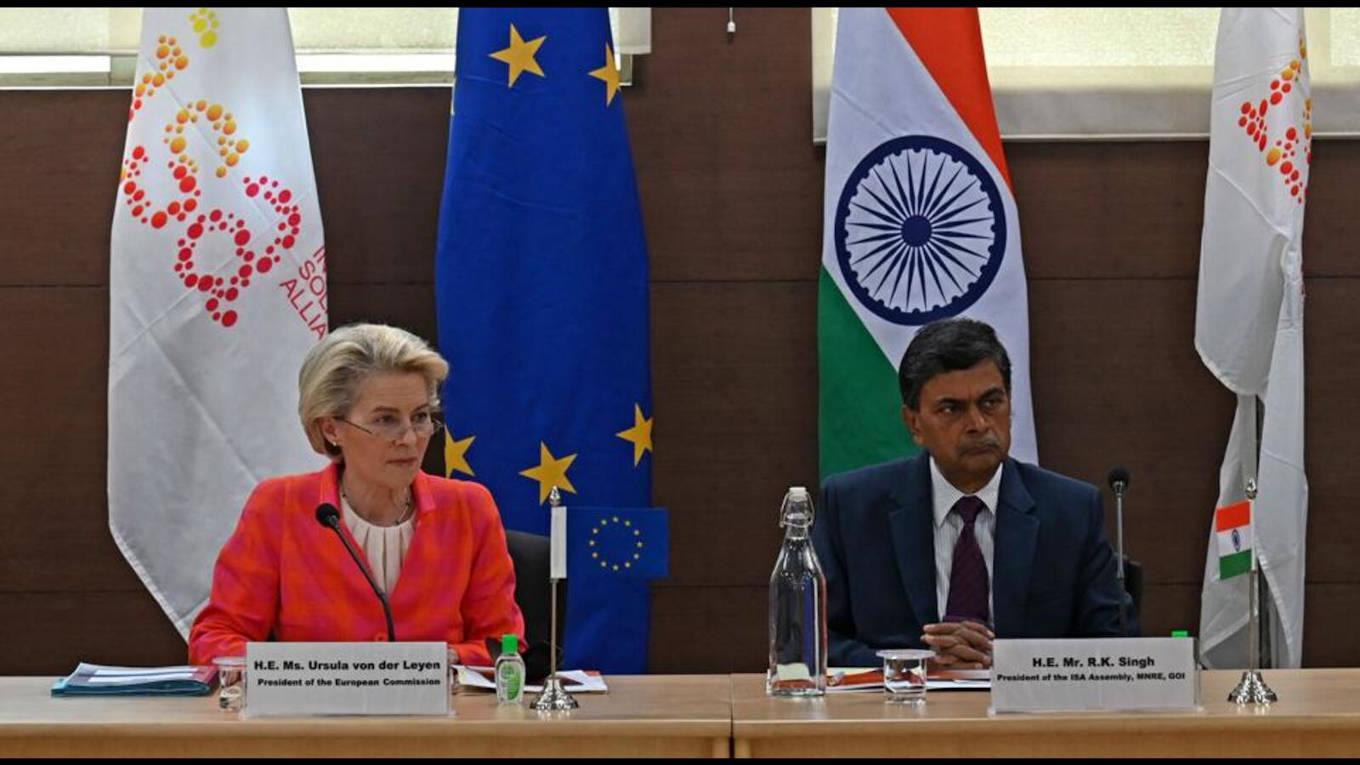
Ursula von der Leyen and Raj Kumar Singh at a round table at the headquarters of the International Solar Alliance in Gurugram


